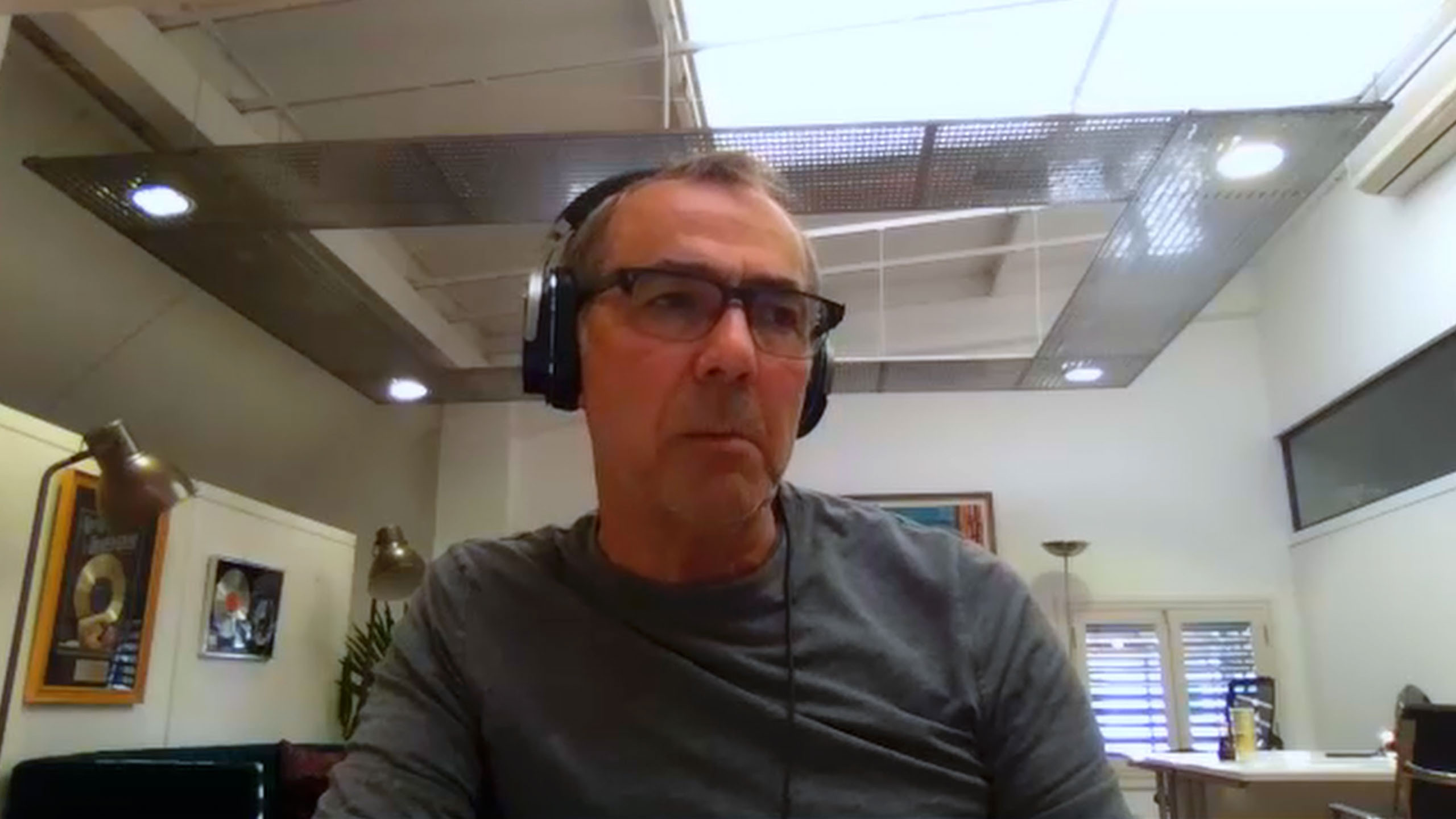
Spotify's Two-Side Marketplace
Former Chairman and CEO, Sony Music, UK
inpractise.com/articles/spotify-marketplace
Why is this interview interesting?
- The role of Spotify's two-sided marketplace and services for artists in driving added value for creators
Nick Gatfield
Former Chairman and CEO, Sony Music, UK
Interview Transcript
How do you look at Spotify’s two-sided marketplace?
It is talked about a huge amount but I don’t think anybody really fully understands what it’s supposed to be. I look at a two-sided marketplace as, on one side, there is the artist services side. They have acquired businesses, such as SoundBetter and those kind of businesses, which allow the artist to build better tools and better data and, potentially, make better music.
Then there is also the commercialization of the platform. There is the ability to boost your profile, to advertise on the platform and to get your music exposed, in a paid-for environment. It’s the same kind of process as buying an ad on Facebook. There is great real estate that many eyeballs hit and it has a value. That will continue to grow for them, I think. There has been a lot of conversations about, can we buy access to playlists? My view is, that would be a huge mistake and I don’t think it will happen because I think that playlists have to have a degree of integrity about them. They can’t be a bought-for thing. I don’t know why I say that because, over history, time will tell you that, actually, radio was a paid-for promotion; it was called payola and wasn’t strictly legal. I think that playlists have to have a degree of integrity. You can’t just buy your way into today’s top hits, for instance. But there are a lot of ways, through Spotify’s understanding of your audience and consumers who may understand your music and enjoy it, to be able to reach more consumers.
I think it’s a very viable part of the business and it becomes more viable the broader the reach that Spotify have. The other side of that, which is really interesting, is that you if you take the Spotify for Artists tool that they have, which is data for artists to look at where they’re streaming and how they are streaming and consumption, and really drill further down into that, with the ability to sell tickets or to prop and plan out a tour because you understand where your music consumers are, they are starting to monetize those areas, as well. That has a real value.
What do you think is the long game here, for Spotify, in that two-sided marketplace?
I think the two-sided marketplace is entirely them saying, how do we build a sustainable, profitable business? We need to look at all revenue streams, which includes the diversification of content, through podcasting and so forth. This is publicly available information, but they have recently just filed patents for karaoke like features and for what they call 3D audio; basically, very high-end audio quality. They are constantly looking for ways to increase their pricing to their premium subscribers, without them leaving in droves.
The fundamental problem with all the platforms is that there is not much difference between Spotify, Apple Music and Amazon Music. They are all much of a muchness. They have the same content so how do you actually build products in there, to retain your customers and grow your customer base? They are looking at all those kind of areas.
I think if you are looking at what the long-term outlook for Spotify is, it’s really interesting because their difficulty is that they have to make audio streaming a profitable business. Apple don’t. Amazon don’t. YouTube don’t. That’s a pretty tough market to stay and play for. The only way, I think, that Spotify are going to stay there, as a viable standalone business, is that they have to create tools and they have to differentiate themselves from their competitors, otherwise I can see Spotify being acquired in two or three years’ time. It will be hard for them to maintain the level of growth and the distance they have between their competitors, unless they keep reinventing and finding ways of increasing their margins, which they are looking at constantly.
Copyright Notice
This document may not be reproduced, distributed, or transmitted in any form or by any means including resale of any part, unauthorised distribution to a third party or other electronic methods, without the prior written permission of IP 1 Ltd.
IP 1 Ltd, trading as In Practise (herein referred to as "IP") is a company registered in England and Wales and is not a registered investment advisor or broker-dealer, and is not licensed nor qualified to provide investment advice.
In Practise reserves all copyright, intellectual and other property rights in the Content. The information published in this transcript (“Content”) is for information purposes only and should not be used as the sole basis for making any investment decision. Information provided by IP is to be used as an educational tool and nothing in this Content shall be construed as an offer, recommendation or solicitation regarding any financial product, service or management of investments or securities.
© 2026 IP 1 Ltd. All rights reserved.


